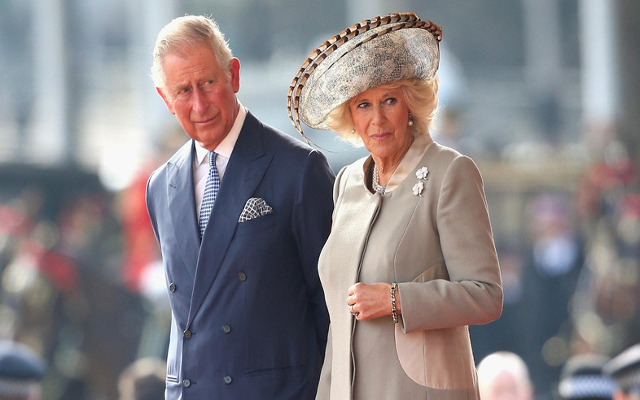Americans for Democracy & Human Rights in Bahrain (ADHRB) recently sent a letter to the Duchess of Cornwall regarding her upcoming visit to the Dubai Foundation for Women and Children in the United Arab Emirates. The text of the letter is as follows:
Your Royal Highness,
On Tuesday 8 November, you will be visiting the Dubai Foundation for Women and Children as part of your official tour of the United Arab Emirates (UAE). We at Americans for Democracy & Human Rights in Bahrain (ADHRB) ask that you listen closely to the stories of the people you meet there and use your unique platform to promote the rights of women, children, and migrant workers in the Gulf region.
Most of the women you will meet at the shelter have suffered abuse or domestic violence, and many of them are also victims of human trafficking. These are women who came to the UAE at the promise of a decent living that would allow them to send money to their families back home. Often, it was only upon their arrival in the country that they realized they had been trafficked and deceived. They were unable to seek help, however, as the traffickers likely took their passports and their mobile phones to prevent them from contacting the authorities or their families. Some of the women you meet may have been forced to work up to 22 hours per day as domestic laborers, with few breaks. Many will have never had a day off, even after years of work. Their employers will likely have abused them, mentally, physically, or sexually.
The resilience and strength of these women has led them to the shelter you will be visiting. Yet their fight is not over. It will be extremely difficult for these women to seek justice and redress for the crimes against them due to institutional biases. While the UAE has comprehensive anti-trafficking legislation, they do not adhere to international labor agreements ratified by the government, nor are they adequately enforced in order to convict violators. In 2015, for example, Emirati courts prosecuted only 56 traffickers, of which just six were convicted. The Government of the UAE suggests that, because conviction numbers are low, it is winning the fight against human trafficking. However, low conviction rates occur precisely because its anti-trafficking system is deficient. Victim identification practices in the UAE are deeply flawed, and the authorities treat indicators of human trafficking – such as absconding from work, lack of passports or visas, and prostitution – not a signs of abuse, but as crimes.
The women and children you will meet at the shelter are also not the only faces of human trafficking in the UAE. With thousands of migrant workers entering the UAE each year, many are trafficked and/or deceived into a situation of forced labor. Once these workers arrive in the UAE, their employers change the terms of their contracts and slash their wages. Employers withhold their wages and lock the migrants into a cycle of debt.
Many of the migrant workers’ home countries have attempted to protect their citizens by unilaterally implementing policies such as banning their workers from the UAE or prohibiting them from working in certain sectors known for widespread abuse, like domestic labor. However, many of these efforts are undermined by the Emirati government’s unwillingness to enact similar legislation or to reform the current systems that contribute to the perpetuation of human trafficking. Many of the UAE’s exploitative labor laws allow employers to entrap migrant workers in abusive work environments. The kafala system, in particular, requires that employers sponsor migrant workers in order to live and work in the region, enabling employers to exert significant control over their employees’ lives. This arrangement leaves migrants especially vulnerable to trafficking and abuse.
The stories you hear at the shelter will no doubt move you. You have visited trafficking and abuse shelters all around the world, from Mexico to India, and even at home in the United Kingdom. Yet, human trafficking is a systemic problem in the UAE, and the government can do much more to stop it. This is true of the other members of the Gulf Cooperation Council (GCC) as well. Therefore, as you also visit Oman and Bahrain during your trip to the Gulf, we urge you to call on all three states to dedicate more of their efforts to eradicating human trafficking. With millions of migrant workers residing in the region, any decision by these governments to create and enforce progressive legislation to combat trafficking will positively impact a vast number of people. As you have repeatedly demonstrated your dedication to helping victims of domestic and sexual abuse, we call on you to voice these concerns about migrant worker exploitation in the UAE and the Gulf during your trip, and to continue speaking out against human trafficking around the world.
Sincerely,
Husain Abdulla
Executive Director
Americans for Democracy & Human Rights in Bahrain (ADHRB)
To download the letter as a PDF, please click here.





